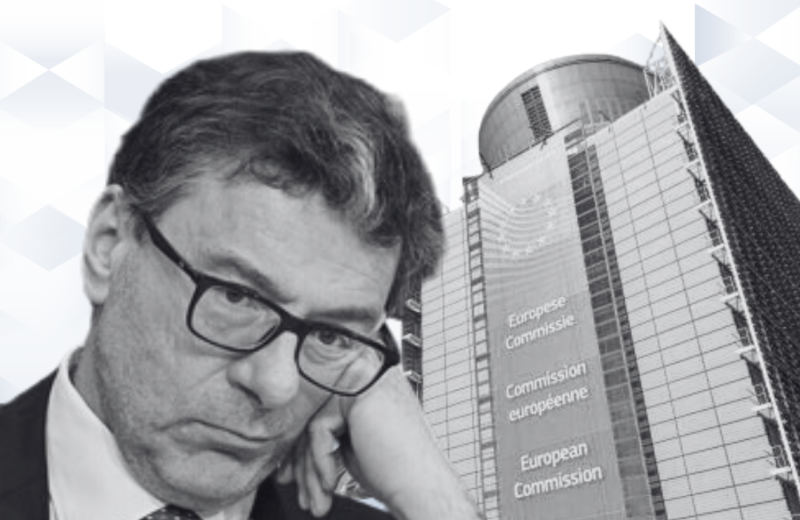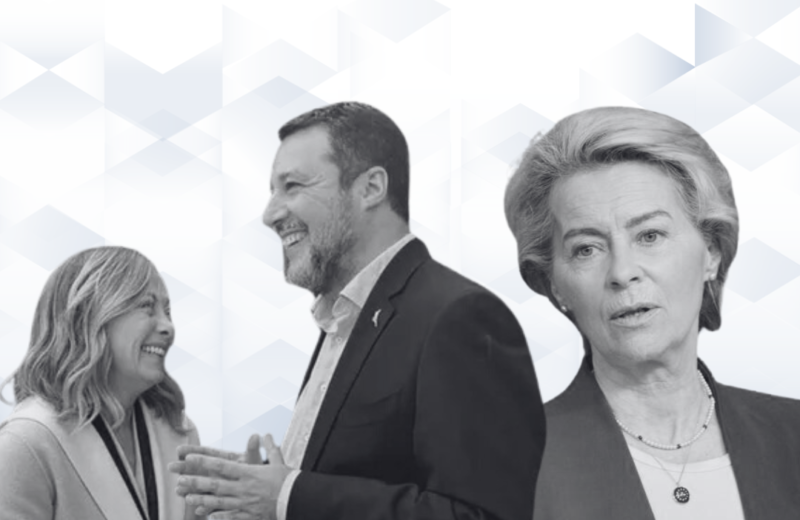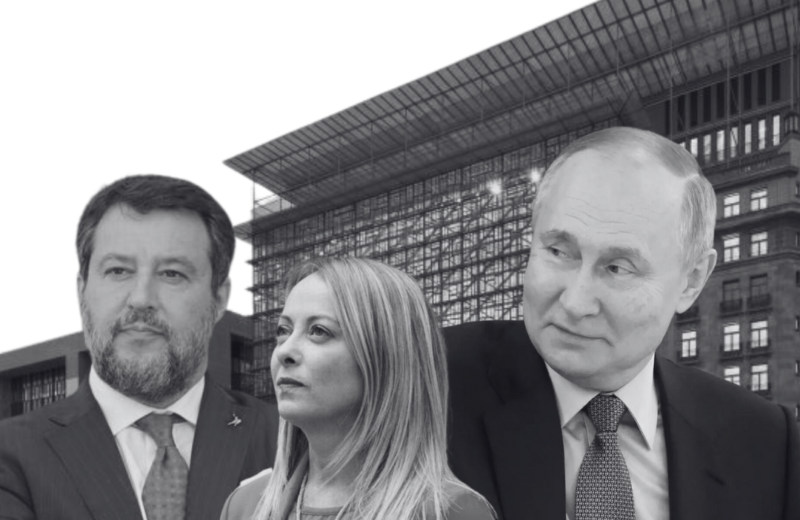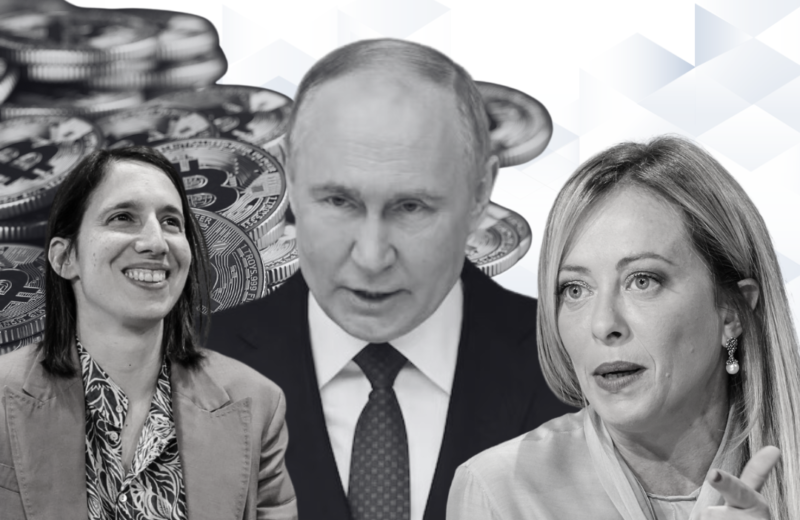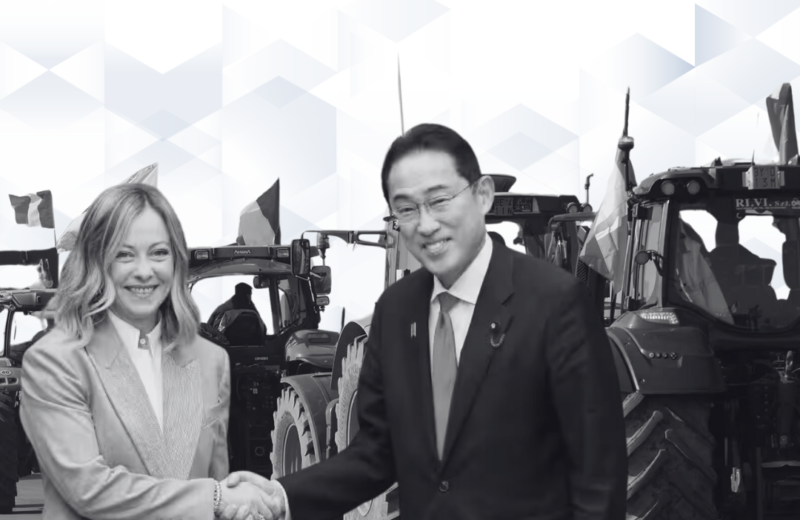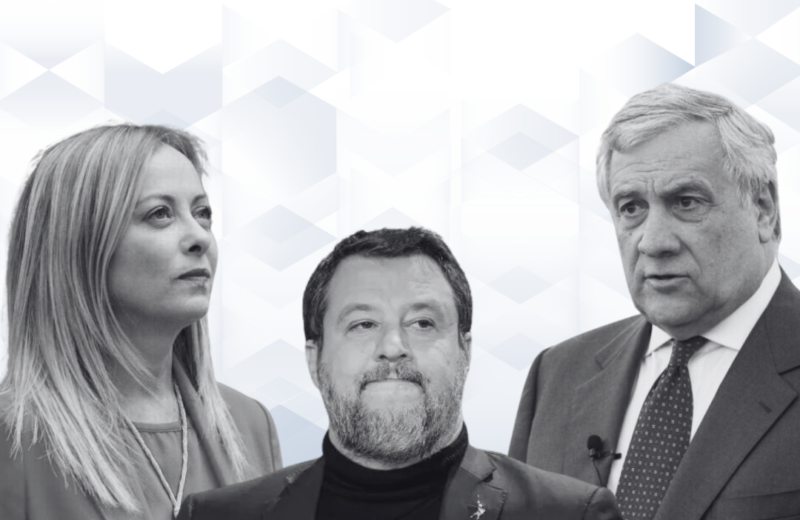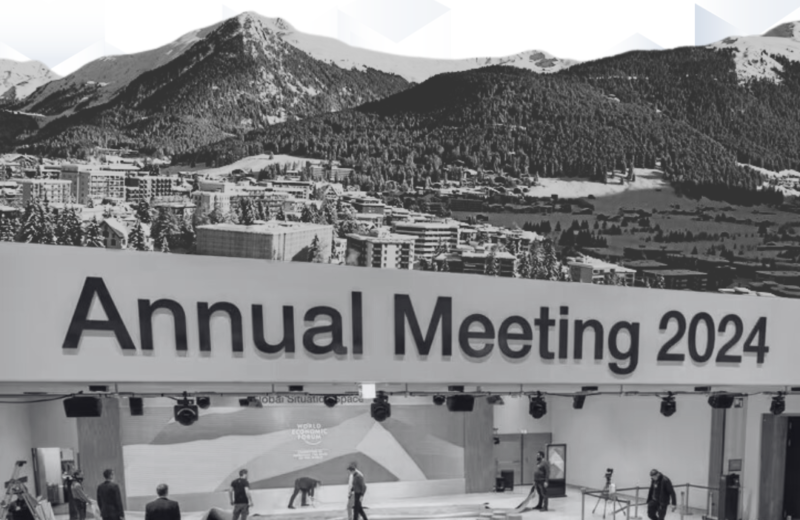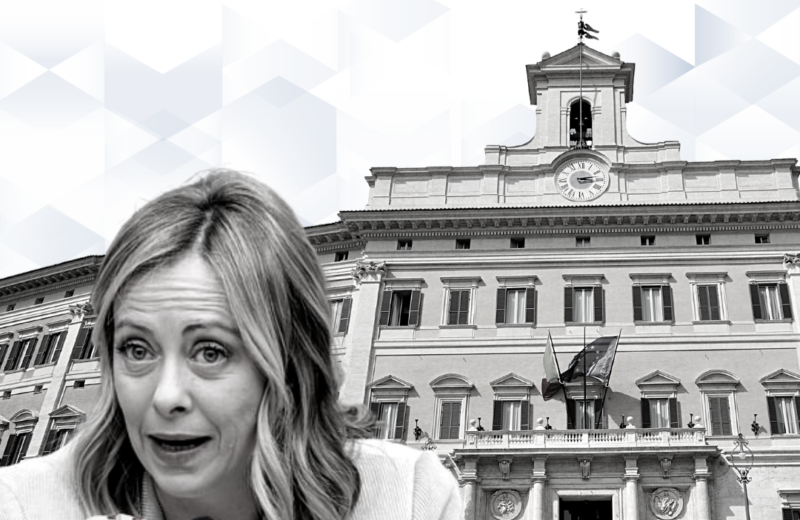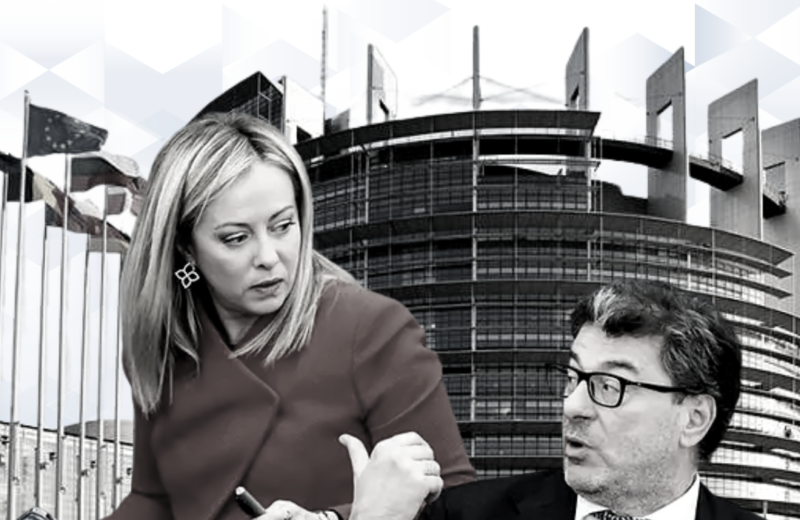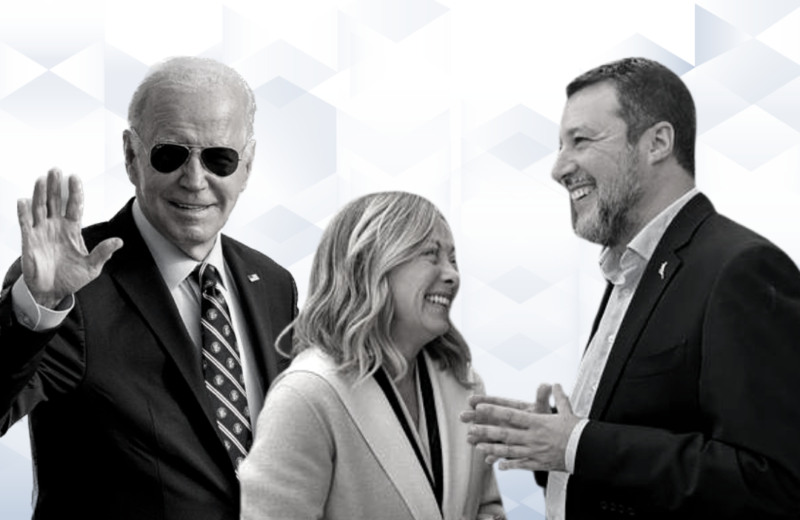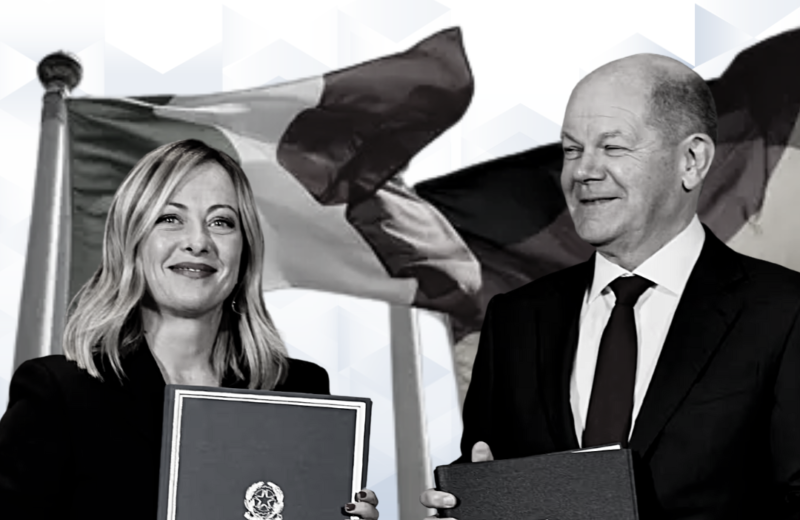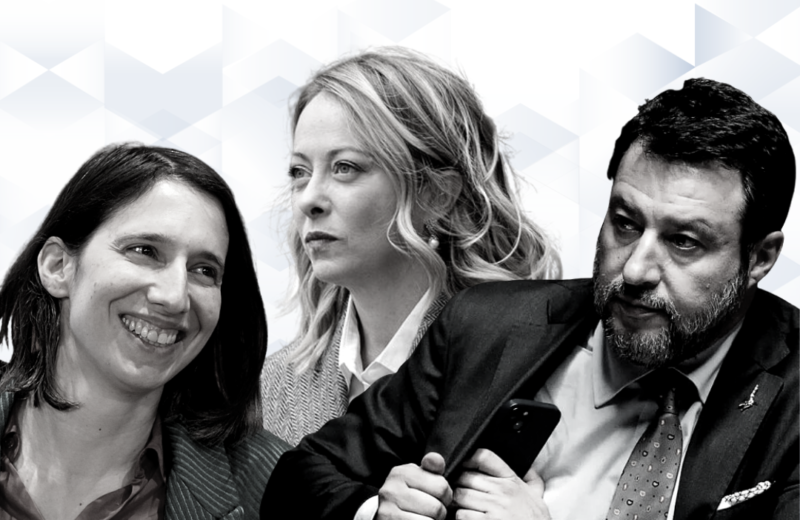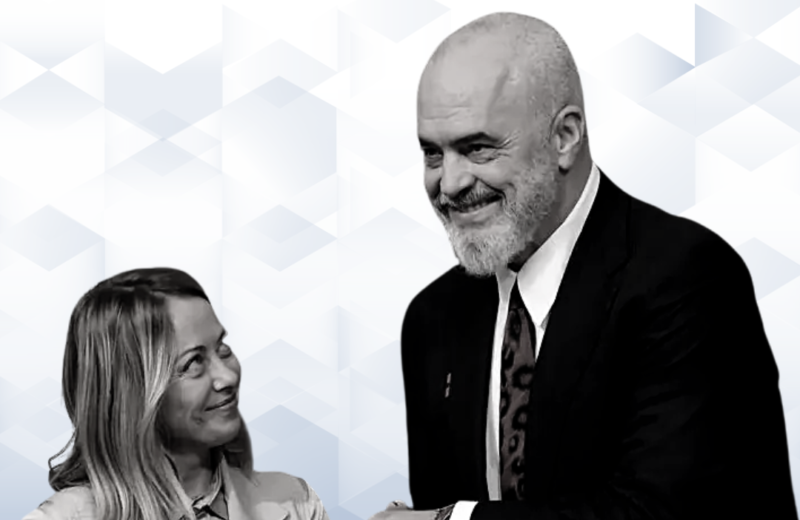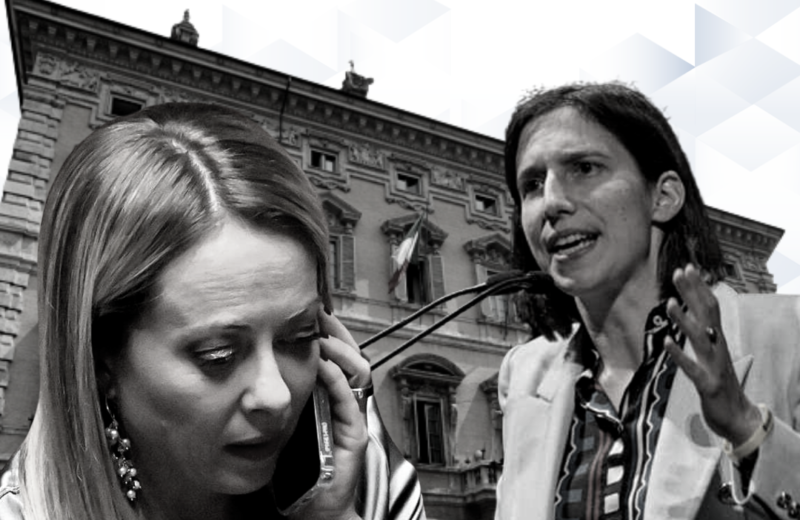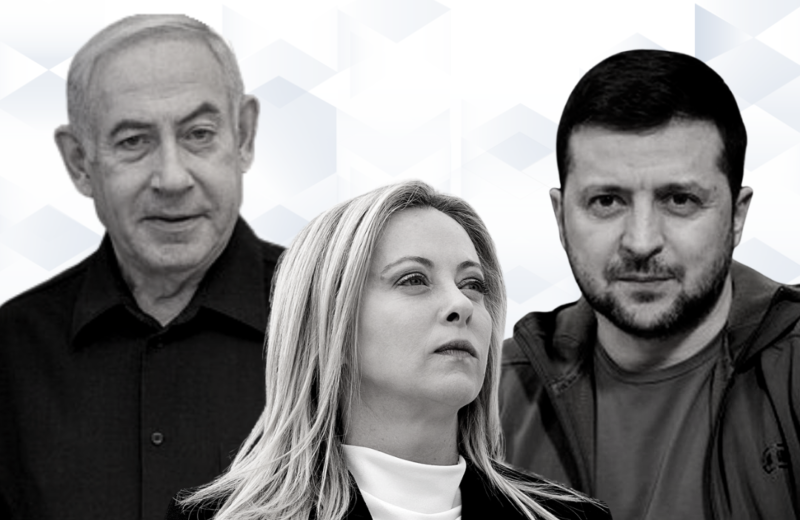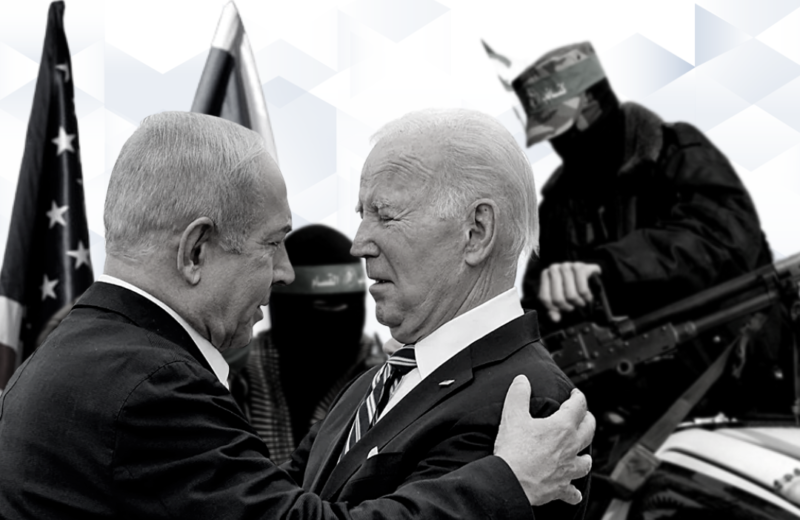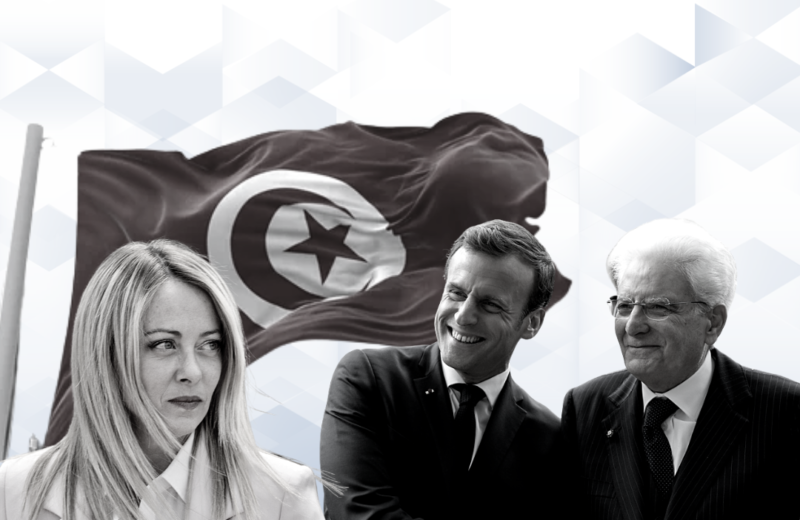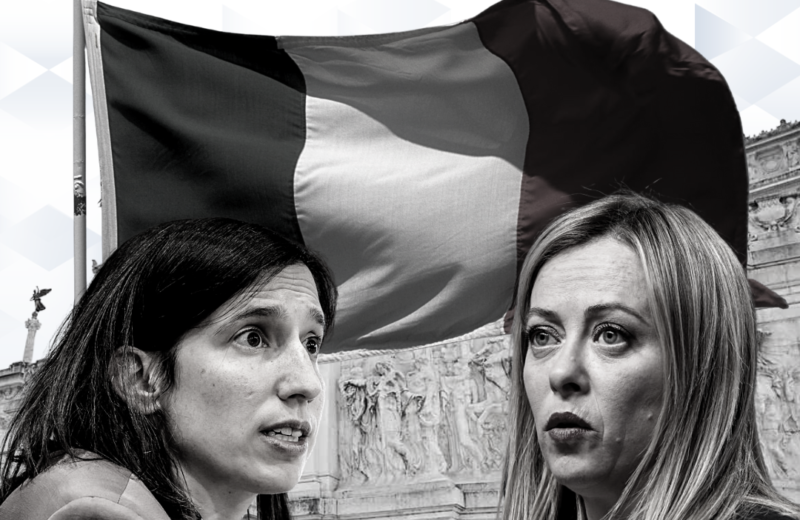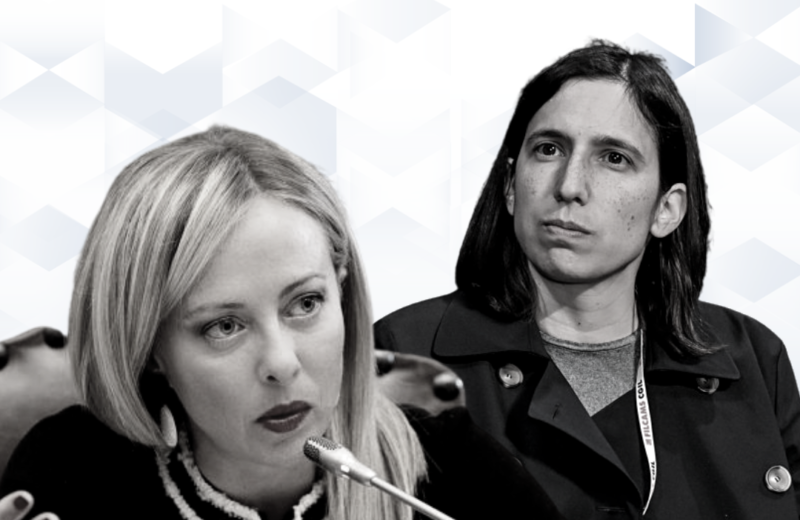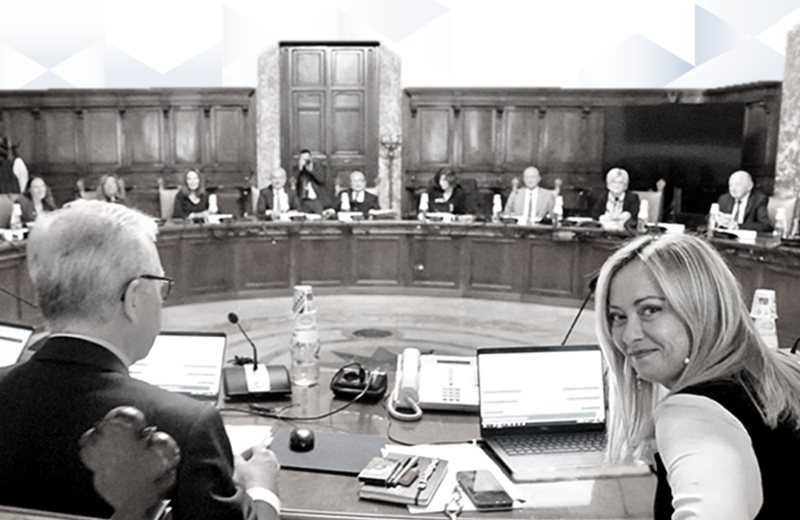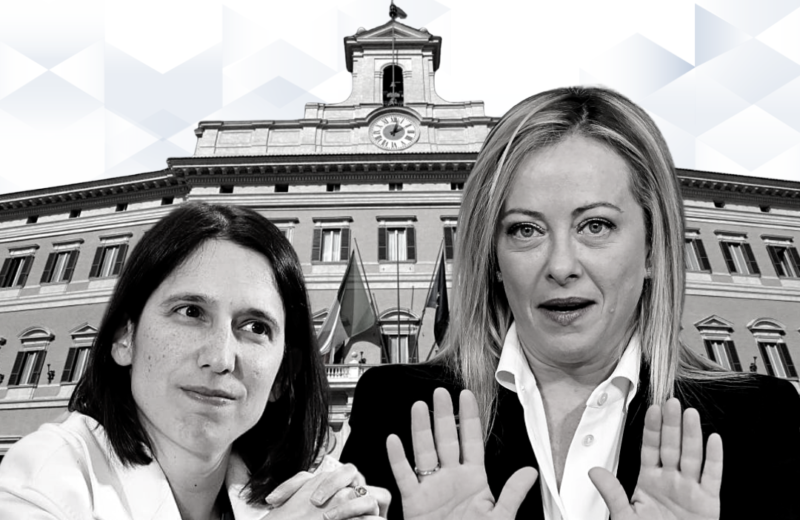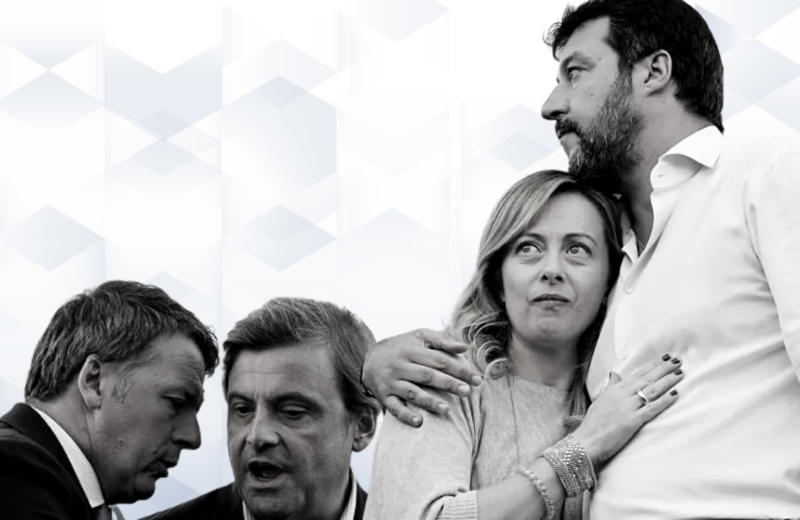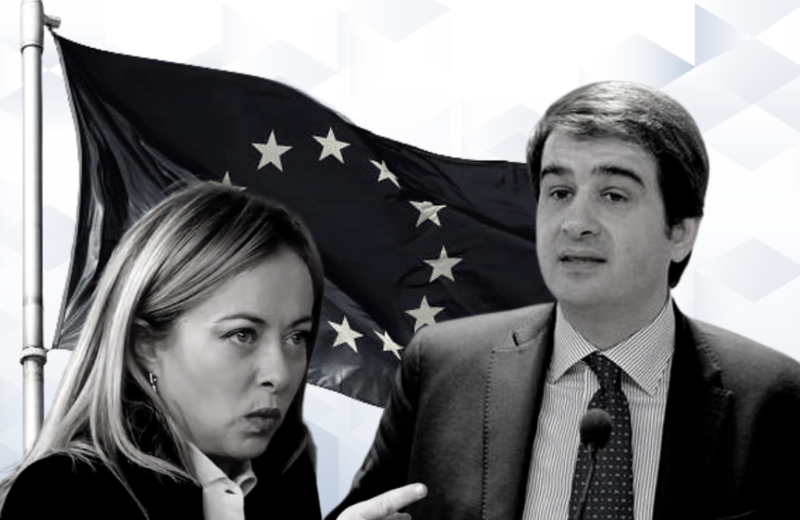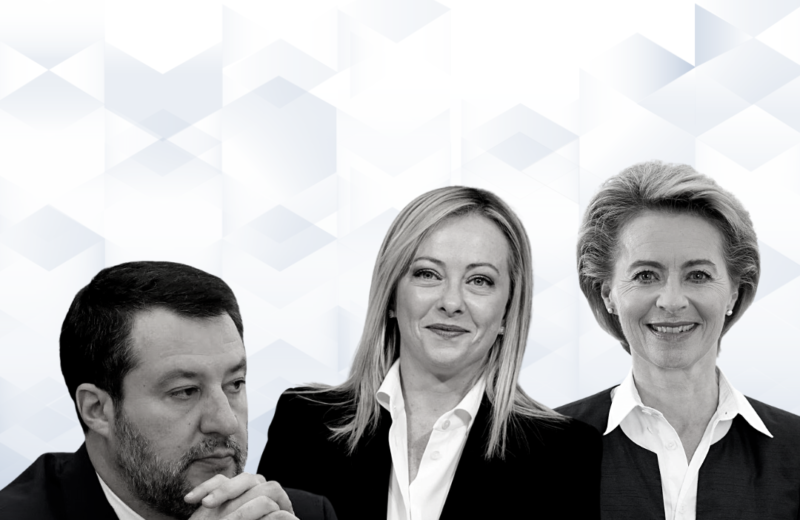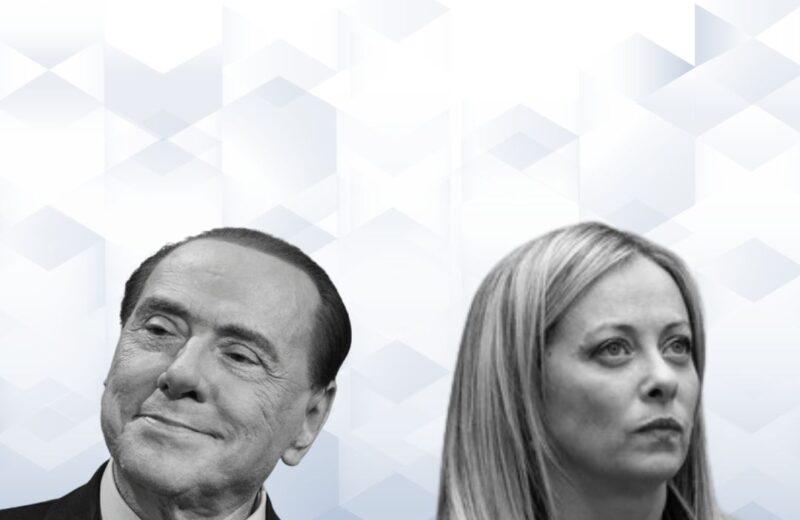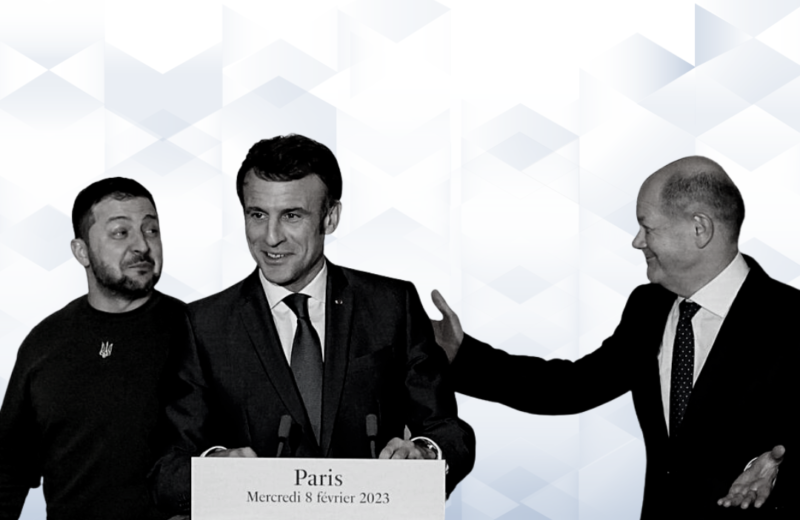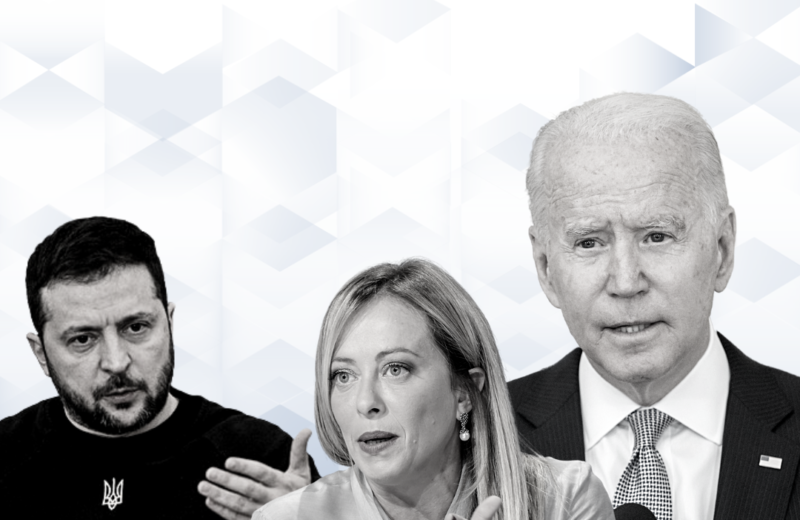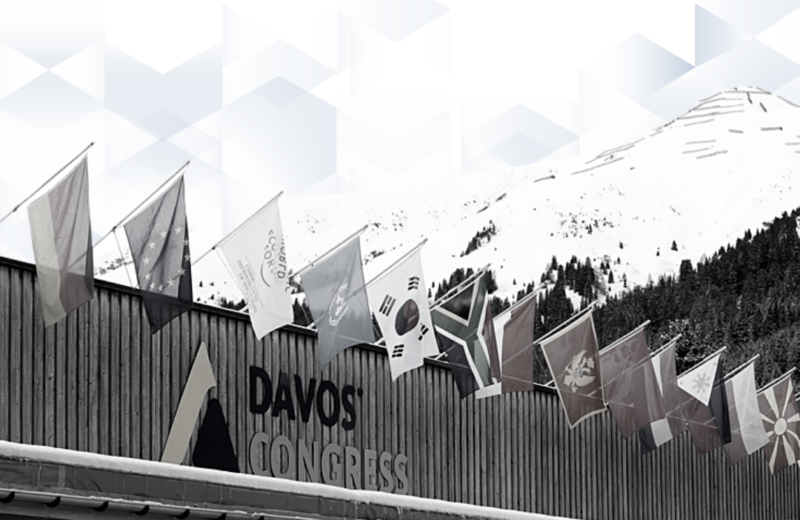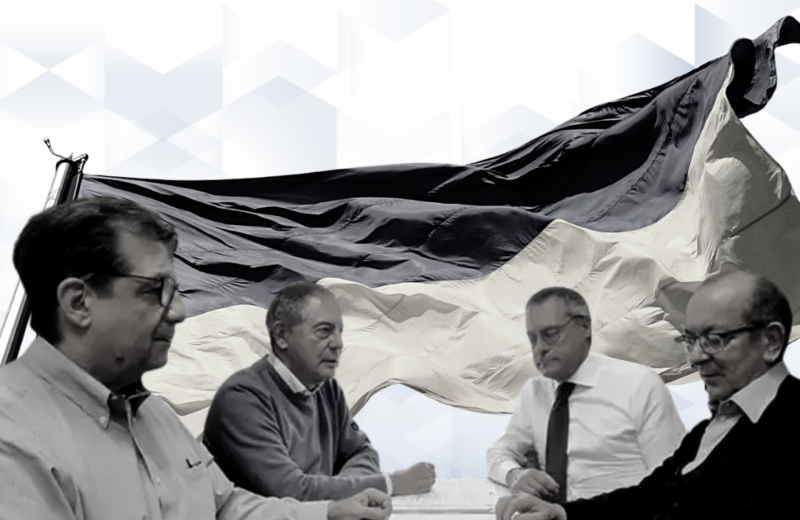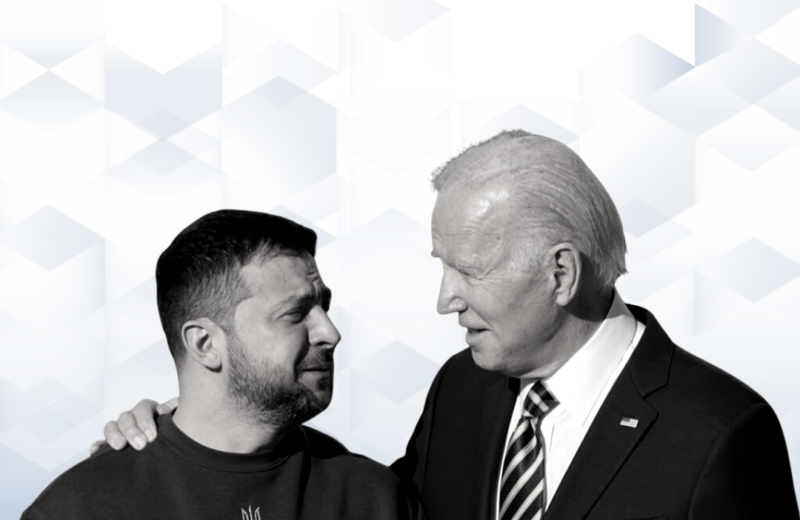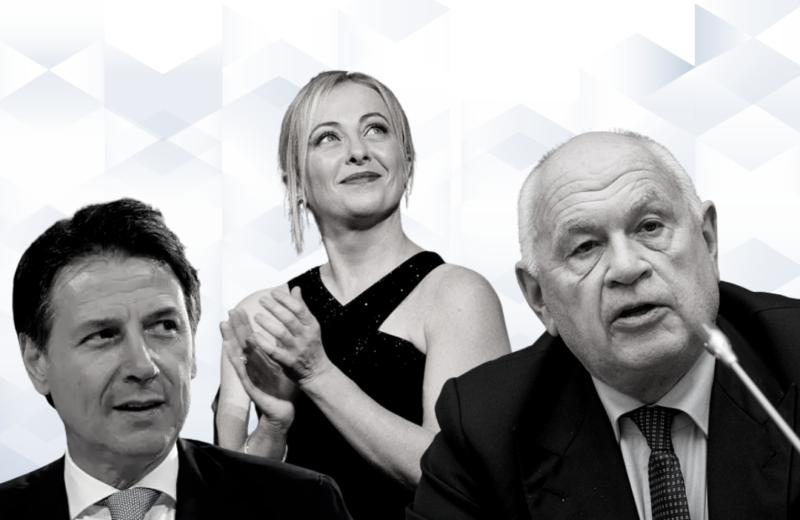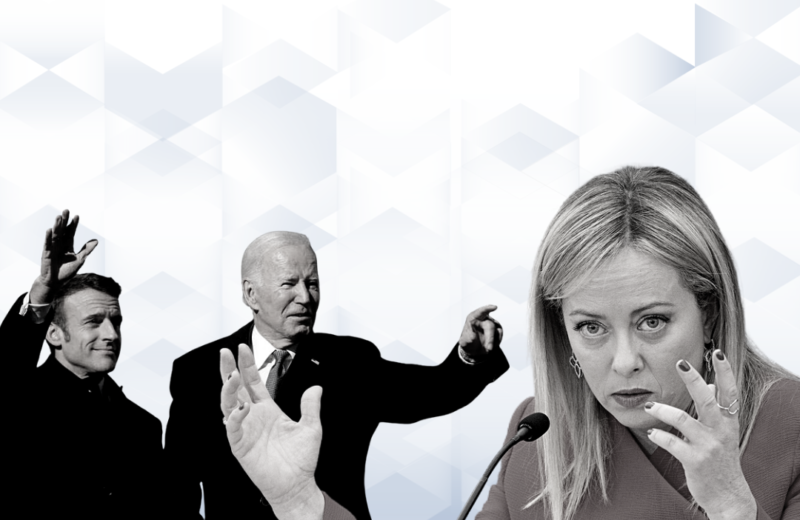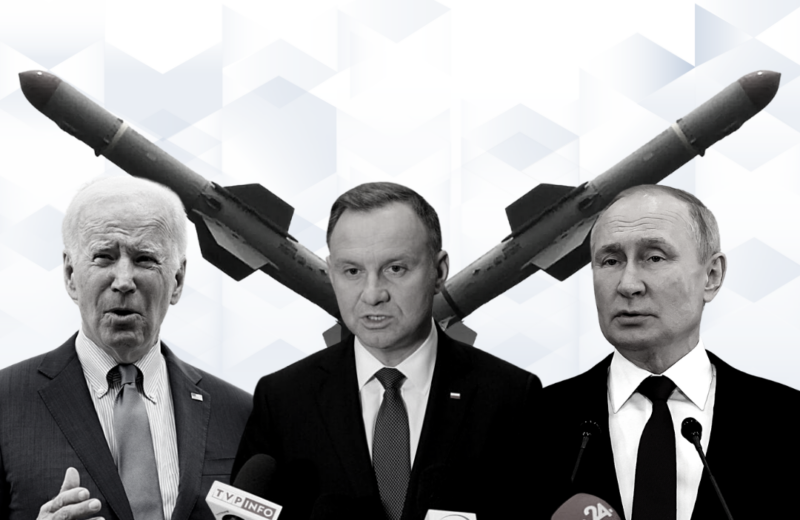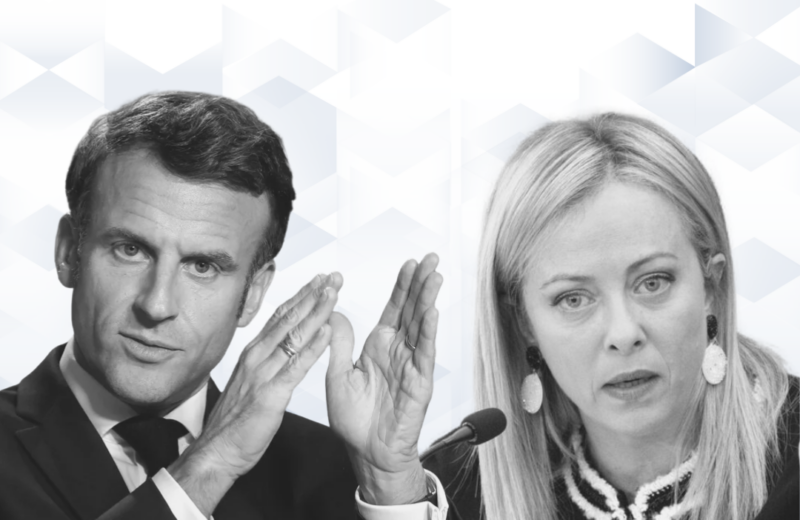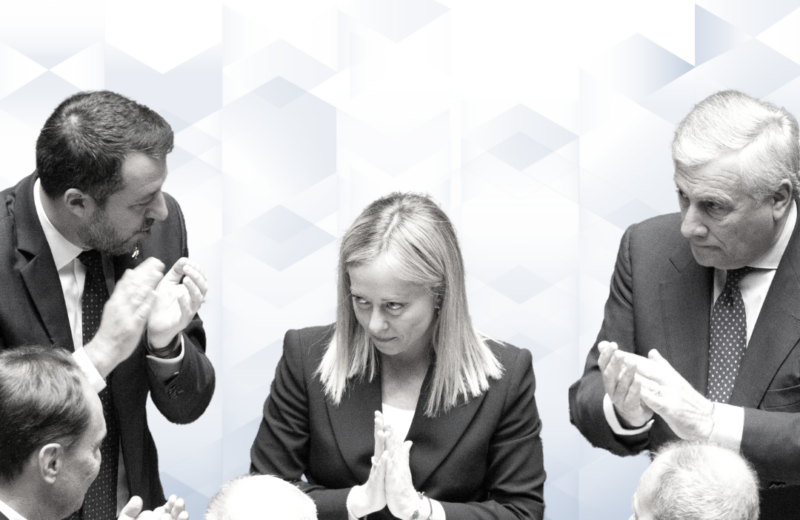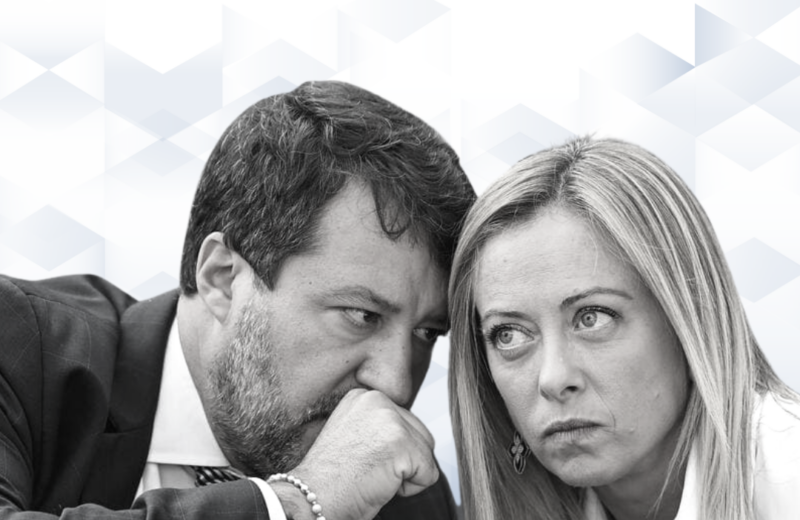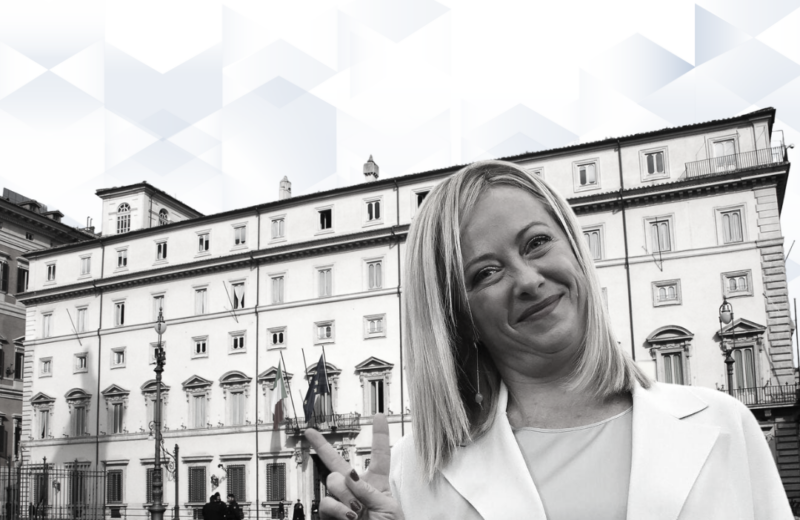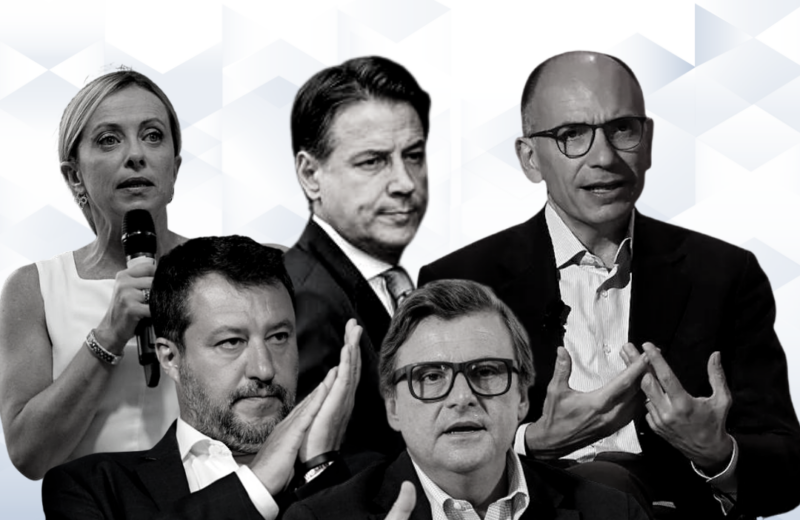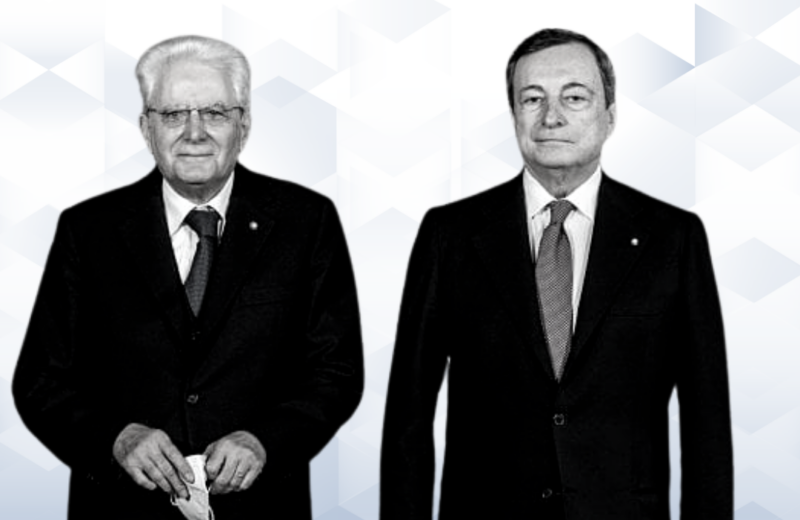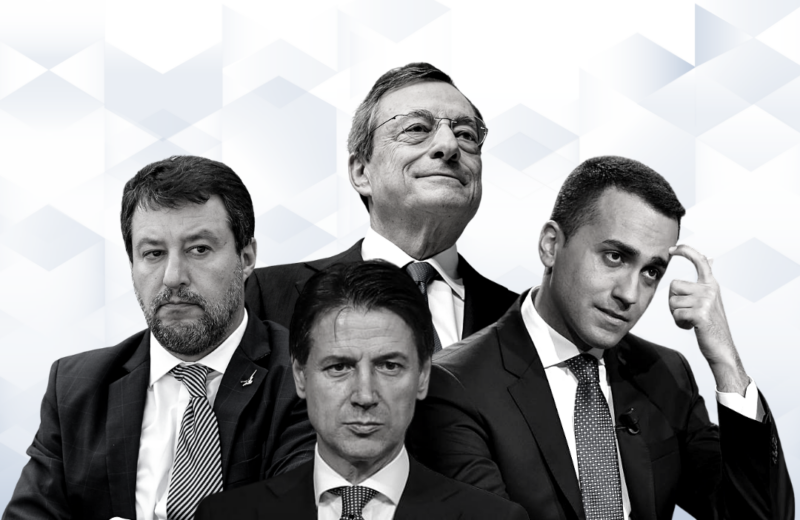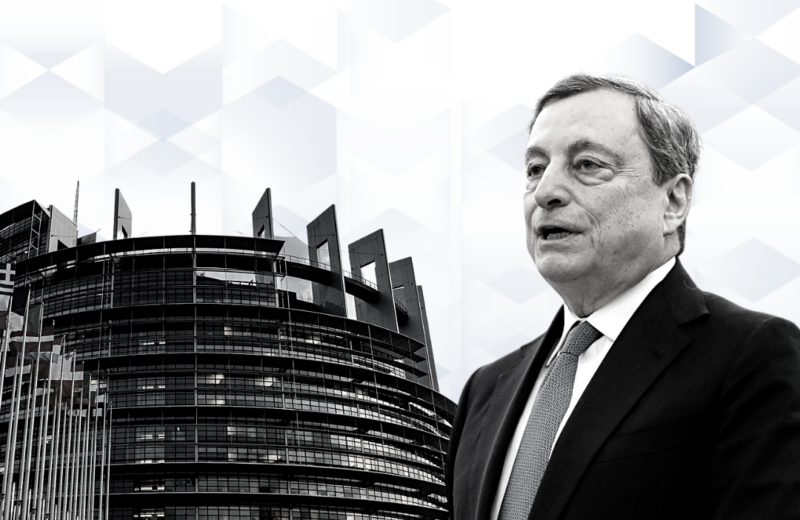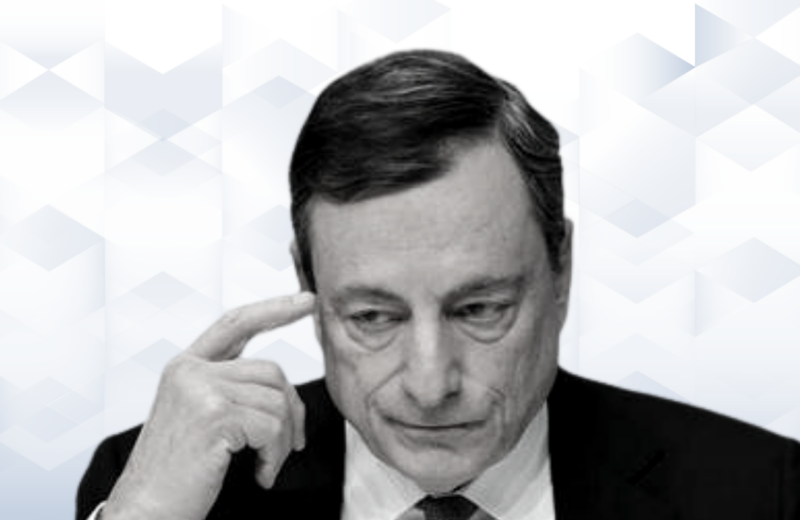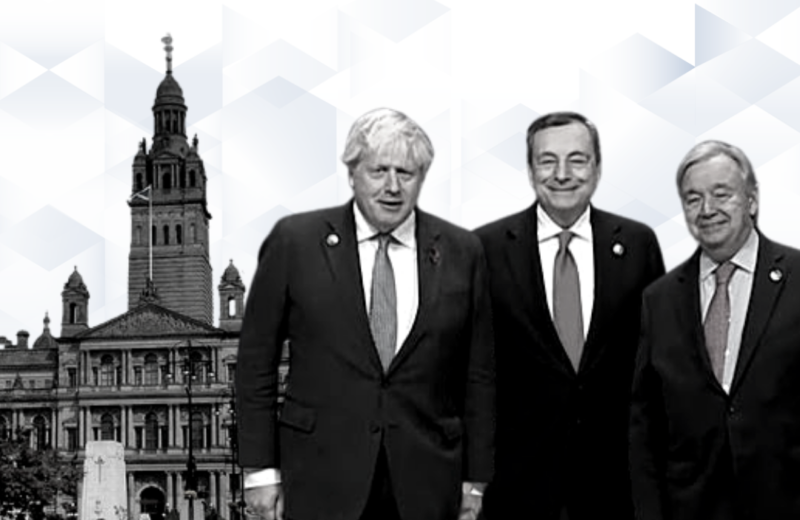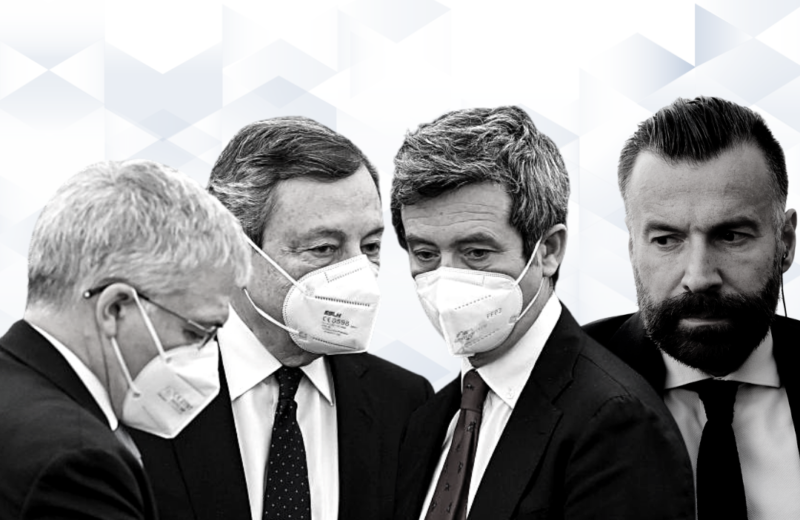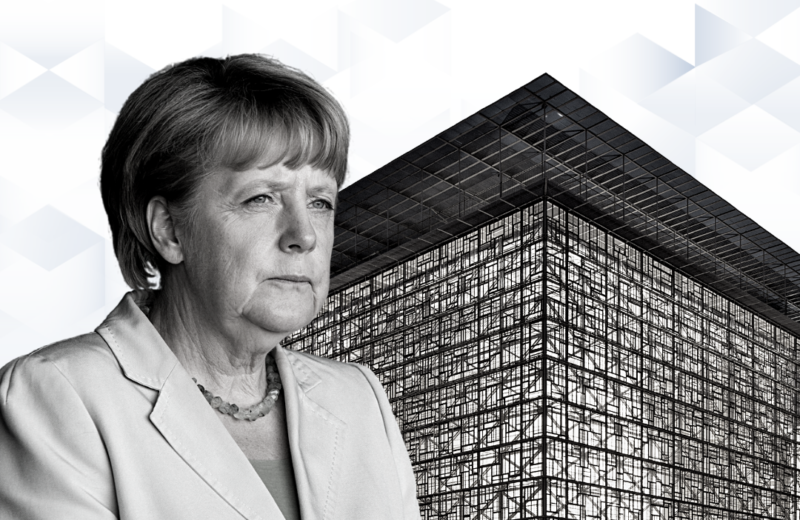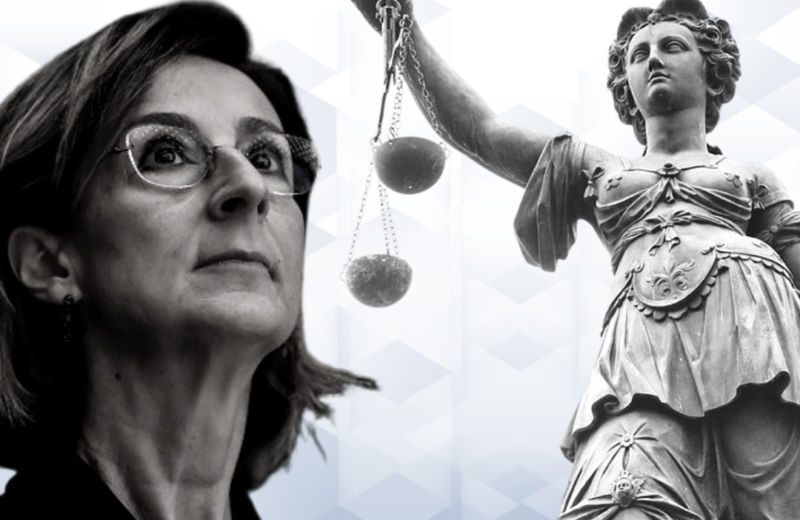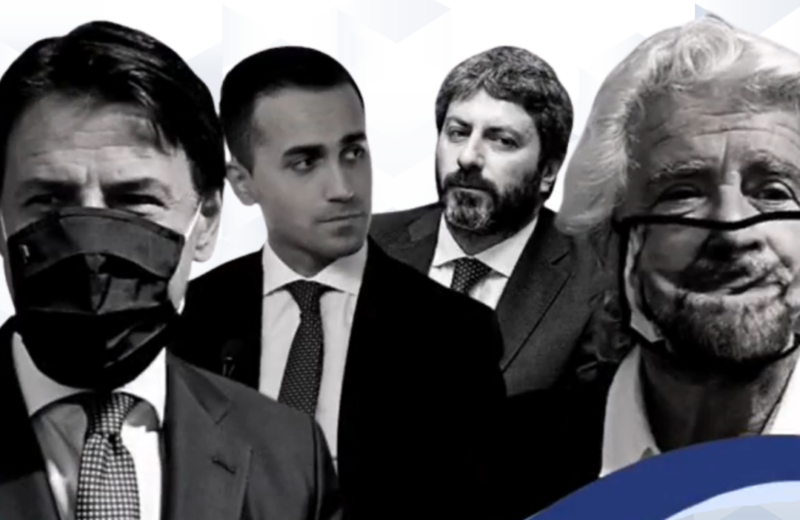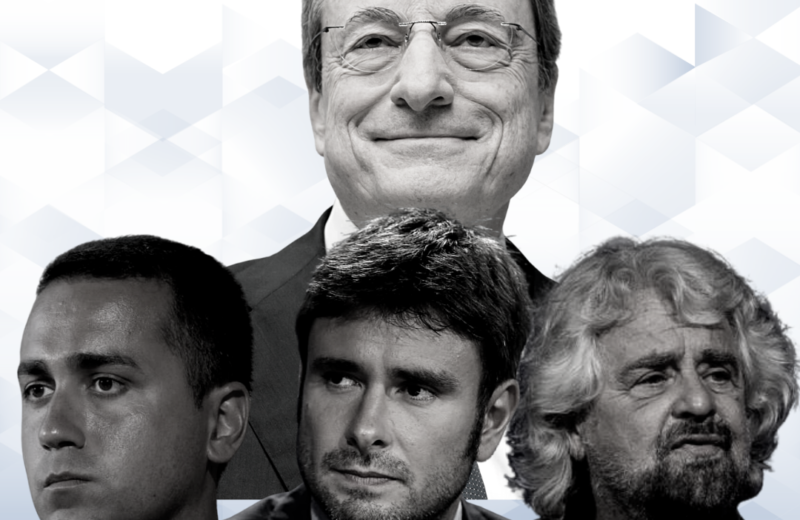Russia’s goal and negotiations with the US
February 16 was designated by US intelligence as the day of Russia’s potential attack on Ukraine.
The invasion would have started with naval and air bombardments from the western and southern Russian military districts, most likely also involving Belarus. After that, the federal army would take Kiev in one or two weeks at the most.
This grim scenario of American production has not (yet) occurred, although Moscow has been amassing troops and weapons near its southwestern border for several weeks now. Nearly 200,000 soldiers are stationed ready to march.
Waiting to be proved wrong by events – after all, conflicts are often triggered by unforeseen events: this is what happened to the war in Vietnam, after the Tonkin incident – it is legitimate to ask ourselves what the real objective of the Russians is and to understand why the armed option is the least realistic.
Moscow wants to re-enter the European security system from which it was excluded from 1917 onwards, save for four years of forced cooperation with the Western powers to defeat the Third Reich between 1941 and 1945. President Vladimir Putin has the ambition to bring Russia back to a new European concert based on the balance of powers and his model is Tsar Alexander I. A utopian goal, which also starts from the consideration that the Russian world cannot do without Europe.
On the military level, then, the Kremlin strategists are perfectly aware that a large-scale attack on Ukraine would lead to a (relatively) easy victory on the ground but would expose the occupying army to the strain of the subsequent Ukrainian nationalist guerrillas. Predictably supported and equipped by Americans, British, Baltics and Poles.
Meanwhile, Putin’s regime would be hit and perhaps even overwhelmed by the Atlantic retaliation and Western sanctions. Without considering the intimate connection existing under the identity, historical and linguistic profile between the Russians and the Ukrainians, which risks turning the invasion into a civil war. With unknown effects on Russian public opinion.
Therefore, the Russians know that true victory can only be achieved without a fight. The military pressure will continue until Kiev has returned to their sphere of influence. A medium-long term objective, which today presupposes the neutralization of the strategic territory – perhaps nailing it in the no-man’s land between Russia and NATO. Except then reabsorb it, at least partially, when the Ukrainians realize that the West does not intend to die for them.
In this regard, it is no coincidence that Ukrainian President Volodymyr Zelensky has been signaling to the Americans for months that their emphasis on the Russian threat is sowing internal panic, pushing capital and capitalists (oligarchs) to flee and convincing alleged friends to commit less and less in supporting the cause of Ukraine. The longer the US and Western alarm over Russian war intentions last, the more the Ukrainian regime risks destabilization.
It does not make things better that Washington has moved diplomatic personnel from Kiev to Lvov. A move that perfectly fulfills Americans’ fear of a split in Ukraine: the Galician city could become the capital of a Ukrainian government in exile, once Kiev falls to the Russians or, less unlikely, to a puppet regime.
After realizing that they have gone too deep, Americans are now thinking about how to back off without triggering a domino effect in Europe. Translated: how to negotiate with Moscow without publicly losing face. If it is true that the rhetoric of freedom of democracies establishes that Kiev certainly cannot be prevented from wanting NATO, if they realize that they are left alone, it could be the Ukrainians who want to give it up.
In this sense, the Russian escalation has offered the Americans a way out. If Kiev yields, Washington could continue to negotiate with Moscow the extension of its European spheres of influence. For this it took away the personnel from the embassy, as well as the military trainers and observers deployed on the Donbas front.
The United States has shown the world to be serious about what they have been saying for weeks: they will not defend Ukraine. Cruel basis on which they will continue to negotiate with Russia in the coming months.
In this crisis, another factor of interest is the announced visit to Moscow by Italian Prime Minister Mario Draghi. The only Italian prime minister to have traveled to the Russian capital before Washington. In light of the pro-US profile of our premier, it is unlikely that the trip was not authorized in advance by the Americans.
Italy is one of the most Russophile countries of the Old Continent, as well as a major buyer of Moscow gas. The Kremlin has not yet confirmed the date of the Draghi-Putin meeting, but it is a fact that our head of government is a candidate to play a leading role in the difficult de-escalation of the crisis.
